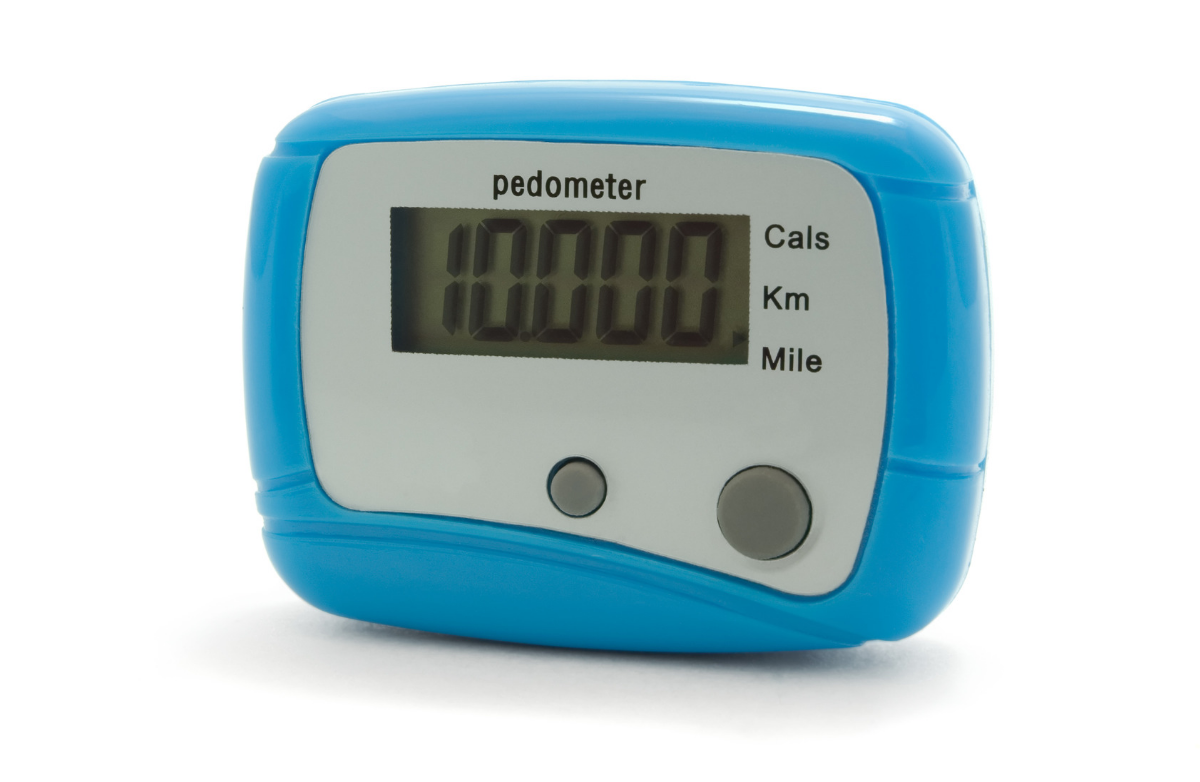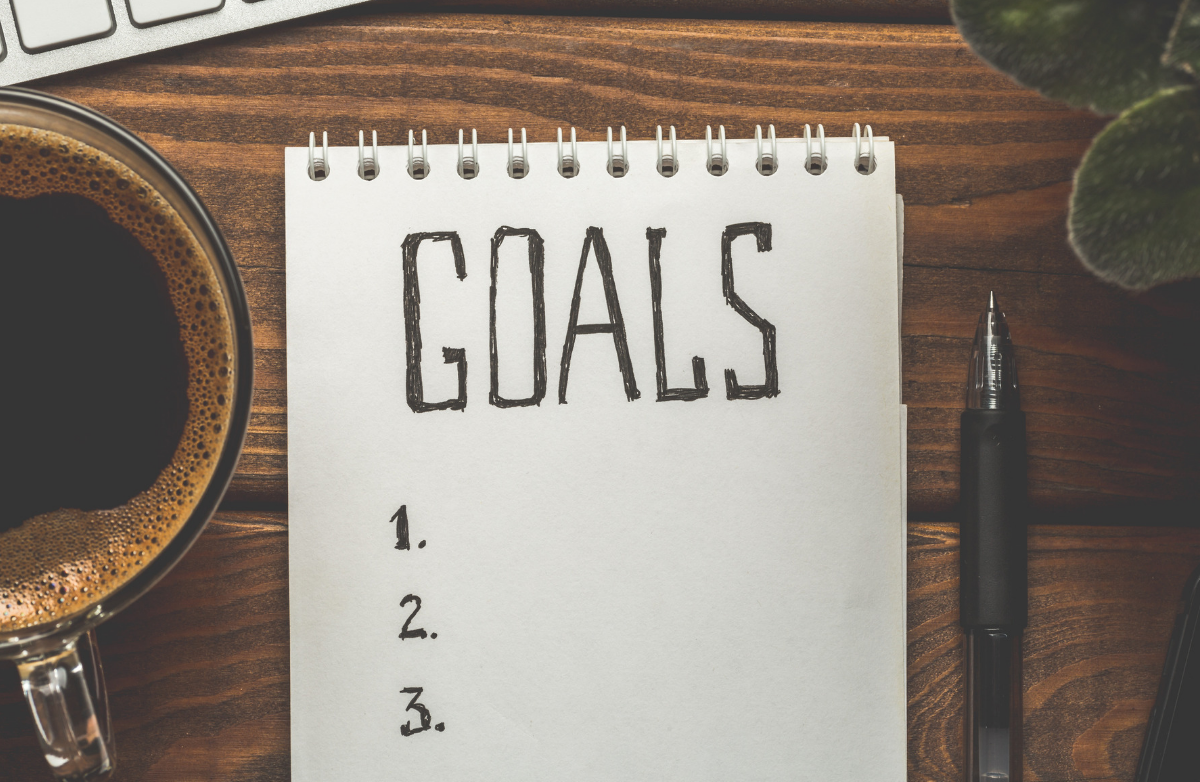
If you’re not seeing the weight loss results you hoped for, it’s natural to want to cut more calories, exercise longer, or resist temptations harder. But if you’ve already been putting in the effort and following your plan, these strategies often don’t address the real challenge—and can actually make things harder to sustain.
As motivational speaker Tony Robbins reminds us, “If you do what you’ve always done, you’ll get what you’ve always gotten.” If your current approach isn’t working, it’s time to think differently.
The key is asking yourself the right questions and focusing on solutions that actually work for you.
1. Look for the Exception That Proves the Rule
No challenge happens all the time. Even when you struggle with your goals, there are moments when things go well. The trick is identifying what made those moments successful and replicating them.
-
Think of a recent day or week when you handled meals and activities well. What was different?
-
Were you in a better mood, more energized, or more organized?
-
Did you prepare your meals in advance, or have support from friends or family?
By identifying the factors that make healthy choices easier, you can begin to create strategies that make those positive behaviors happen more consistently.
2. Activate Your Imagination with the “Miracle Question”
This exercise helps you focus on solutions instead of problems. Imagine this: while you sleep tonight, a miracle happens, and the challenge you’re struggling with is solved.Ask yourself:
-
How will I know the problem is gone when I wake up?
-
How will my thoughts, actions, and feelings be different?
-
What would a successful day look like for me?
Even thinking about these questions briefly can spark new ideas. Then ask yourself: how can I make these changes happen more often in real life?
3. Find the Good Intention Behind “Bad” Behaviors
Almost every behavior—no matter how frustrating—serves a purpose. You rarely act in ways that harm yourself simply for no reason. Instead, there is often a payoff, like:-
Enjoyment from sweets or comfort foods
-
Relief from stress or boredom
-
A moment of mental escape
The key is finding ways to get the same payoff without negative side effects. For example, if you overeat sweets for emotional comfort, consider alternatives that provide the same reward: a short walk, calling a friend, or a non-food treat. By understanding the intention behind a behavior, you can create healthier strategies that satisfy the same need.
4. Predict Your Way to Success
Many habits are self-fulfilling: you expect the problem to happen, and it does. You can break this cycle by predicting your behavior in advance.-
Before your day begins, think about potential challenges: when, where, and with whom might you face temptations?
-
Estimate the likelihood of encountering a challenge (e.g., 60% chance of skipping a workout).
-
Plan strategies to increase the chances of success—like prepping healthy meals in advance or scheduling movement breaks.
This approach isn’t about positive thinking alone; it’s about planning and problem-solving proactively. Focus on what works, rather than dwelling on why things go wrong.
Shifting from Problem-Focused to Solution-Focused
This mindset shift takes practice. You’ll know you’re on the right track when:-
You focus on what’s going well, rather than only what isn’t.
-
You explore practical ways to create change right now.
-
You recognize that behaviors have reasons, and alternative strategies can reduce negative outcomes.
-
You take action that increases your chances of success each day.
At first, asking these questions may feel strange or even uncomfortable. You might feel anxious or draw a blank. That’s normal. Transitioning from focusing on problems to focusing on solutions takes time—but it’s one of the most effective ways to create lasting, healthy results.













